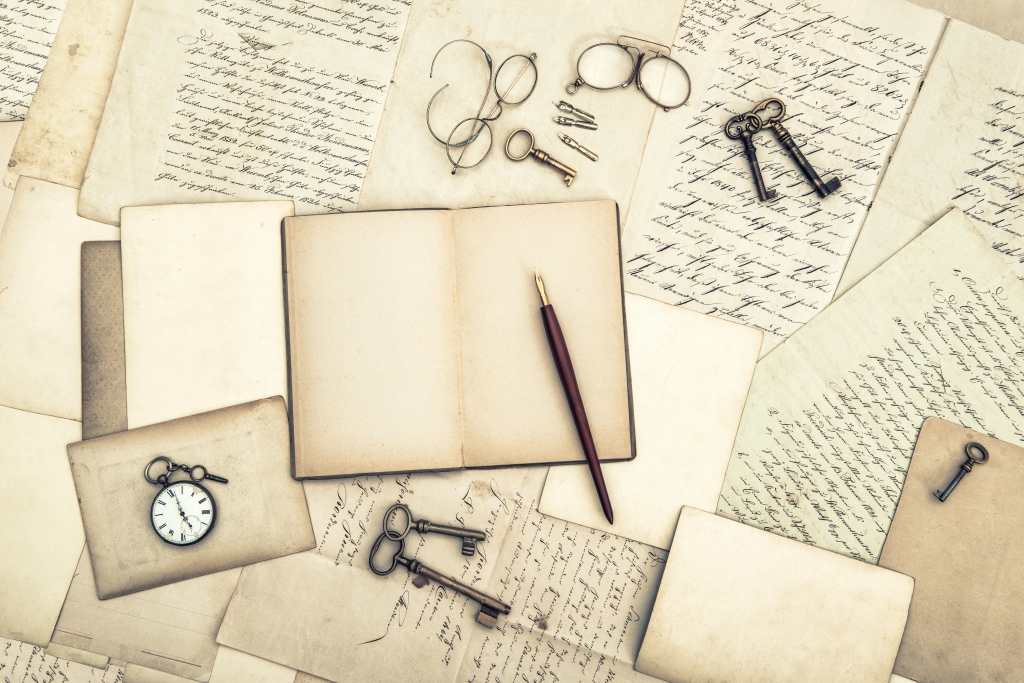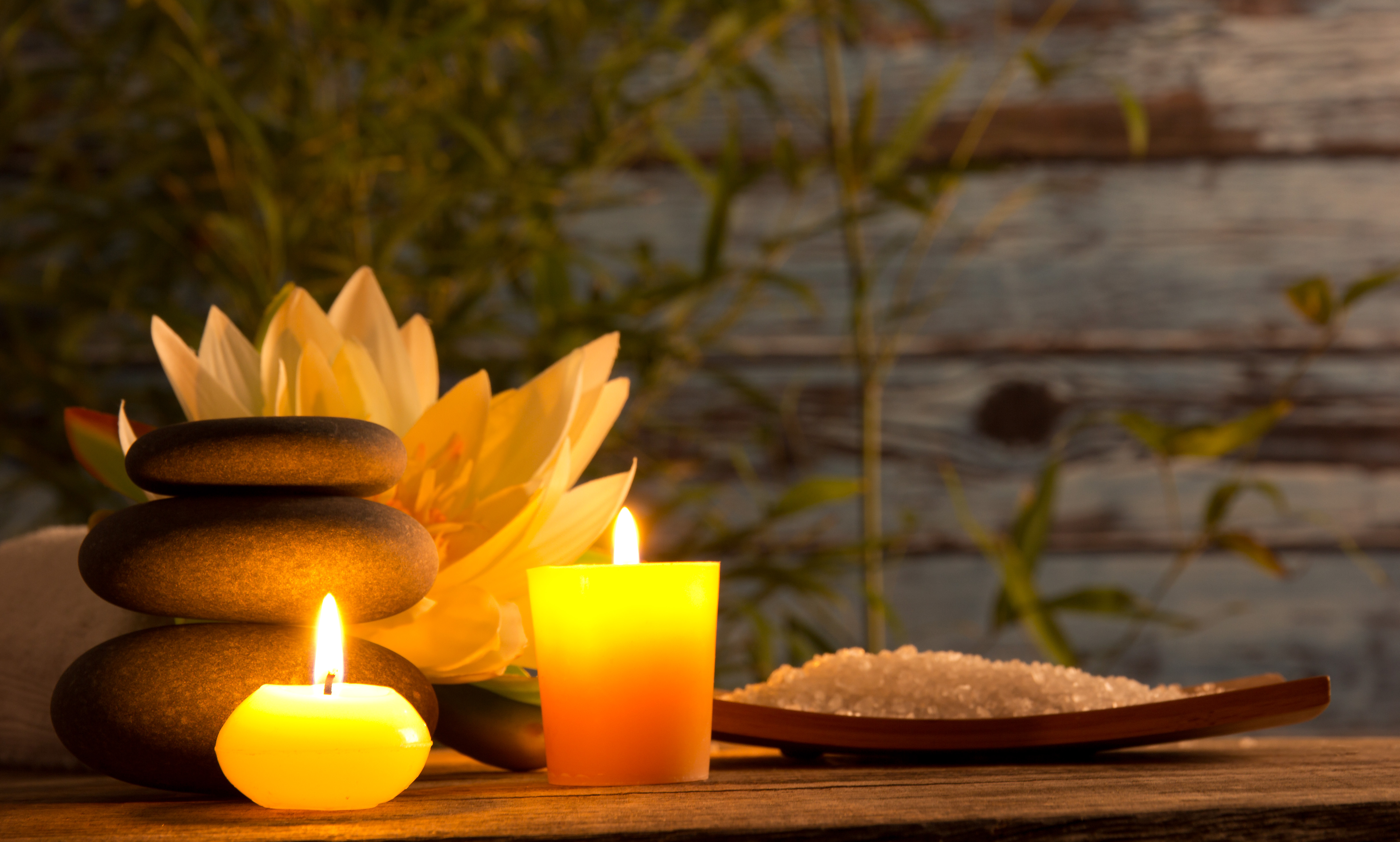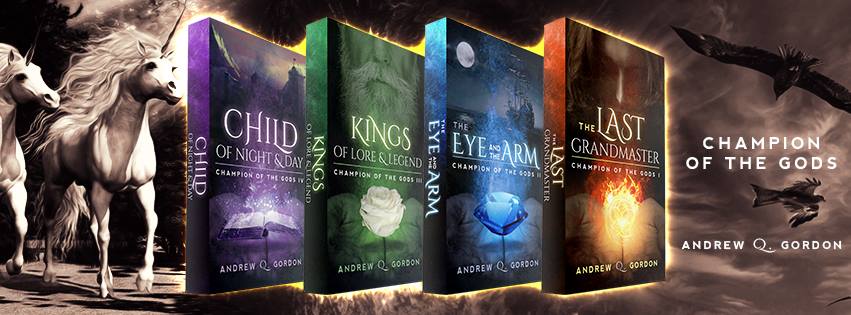It is our emotions that are our greatest muse.

Natural disasters. Terrorism. Racism. Human rights. Animal cruelty. Inequality.
The world won’t stop for you. Nature will always do its thing, and people … well, they will always be people. Personally, I am among the benevolent among humanity. There is not an inch of me that understands the unjust behaviors often displayed by mankind. I reject discrimination, hate and fear. I reject cruelty of all kinds — violence, malicious intent, inequality, intolerance, corruption and the mistreatment of animals. I renounce spite, resentment and narrow-mindedness.
Humanity is capable of deplorable acts and a merciless attitude. For those that feel deeply, live compassionately and with heart, these immoral behaviors can be extremely unsettling. I turn away from that which affects me negatively and focus on bringing positive and uplifting qualities into the world.
Sometimes, it can be difficult to ignore the ugly stuff. Sometimes, it hits close to home. So close, the option to ignore becomes impossible.
Other times, we are faced with issues and situations at the micro level; personal conditions involving love and relationships, responsibilities, an unseen event or financial concerns. Those are the ordeals we can’t pretend don’t exist. At least, not for very long. Those conditions are a part of life and are also the ones that grip our emotions and cause our bodies to react in some way as our nerves stretch to the very edge.
Stress. It affects us all at some point in varying degrees. Whether it is becoming disturbed about the horrible things affecting our world or our personal experiences, we have no choice but to learn how to cope with the twists and turns life throws at us. Professional writer or not, I believe writing has many benefits from the psychological standpoint. But as writers and creatives, it is through the written word that we find the perfect outlet to work through our emotions, as well as drive home our beliefs and visions for the world. Depending on where you want to take it.
We are complex creatures with many layers and depth. We view the world through the fluidity of our unique perspectives as we evolve, change and reach for new experiences. We are the flesh and blood; the tangible and malleable. Yet, we are also the esoteric and the mysterious; the light and the dark dwell within each of us. And it is our emotions that are our greatest muse.
Words are power
‘Everything begins with words — our stories, thoughts, messages. Each word has its own vibration too. It is these vibrations that create the reality that surrounds us. Words create more than just stories; they inform our universe, our lives and our reality — and they teach us. Through creating words, I have managed to reacquaint myself more fully with my soul and to live a more authentic, love-driven and passionate life.’
– From Creative Writing Energy
Exploring our feelings through writing — personal journals or storytelling — is extremely therapeutic. Some of these benefits include:
Finding clarity
By expressing yourself and communicating complex ideas in a much more effective way, you can discover your true self and honor that part of you.
Eliminate stress
Emptying your mind through writing helps to eliminate the stress hammering in your head. Capturing those moments, developing and working through your ideas produces a ripple effect; since not only do you declutter your mind, but it is also a process of rationalization.
Productivity
Writing activates neurons in your brain and gets you set to face the day. It is demonstrated that setting your goals or systems in writing significantly increases the possibilities of achieving them.
You will learn more
About yourself, the world and others.
You will strengthen and cultivate your writing skills. You will find your voice.
You will gain awareness
If you write down what you have in mind regularly — your dreams, worries, fears, deepest desires — you will realize yourself.
So, now that we’ve explored some of the benefits of writing, let’s take a quick look at how we can use our emotions in our work to enrich our characters and stories.
Frustrated or angry
Use the rage to create story conflict. Inject the anger into your words and release the tension. You’ll find those pages to be edgy and fast, your characters a little narky or moody. Get gritty, dark, even profane. Burn your scenes with the crude and rude, twist the plot with vengeance in your heart and your readers will thank you.
Heartache
Even better. Those words will capture depth and authenticity, pain and despair. Use the turbulent heart to stain your words with grief, bitterness and agony. Your characters are now real, complicated and imperfect. Your plot may be a little dangerous, shady or inspirational. Whatever feeling you’re attempting to convey, it will be sure to bring your readers to their knees as they resonate with your energy.
Happy-go-lucky
Humor brings joy to the world and to your readers. Allow your happiness to bounce into your words and fill the pages with positivity and feelgood vibes. Surge ahead and spread the happy!
Love
Alchemy and deep treasures abound through words of love. There is nothing more sacred in the world. By allowing your love to infect your story, you become an instrument of the highest order. The greatest mystery; the pinnacle of life — love. Deep love. It doesn’t get more real than this. The world cannot get enough of this stuff. Neither can your readers.
Despair and Gloom
The heartbeat of your story; the why, how and where. The all-is-lost moment — vanished goals, mammoth obstacles, impossible situations — build the conflict for your characters and make your story matter. There is a time for everything; a time for tears and expressing the darkness; a time to mourn and wallow in pain. It is through pain that we learn our greatest lessons; through pain that we are reminded we’re still alive. Lend your characters the gift of pain and feel your own lighten in return.
Whether we’re reacting to widespread chaos, disasters or events in the greater world or the experiences we endure in our own worlds, writing is an exceptional tool to use to navigate those rocky waters and glorious peaks life offers us. So, the next time you are feeling a strong emotion, go ahead and get into your writing and see where it takes you.
Our stories can uplift the world one reader at a time. The world needs your emotionally driven words now more than ever. The world needs your love and emotion in all its forms.











